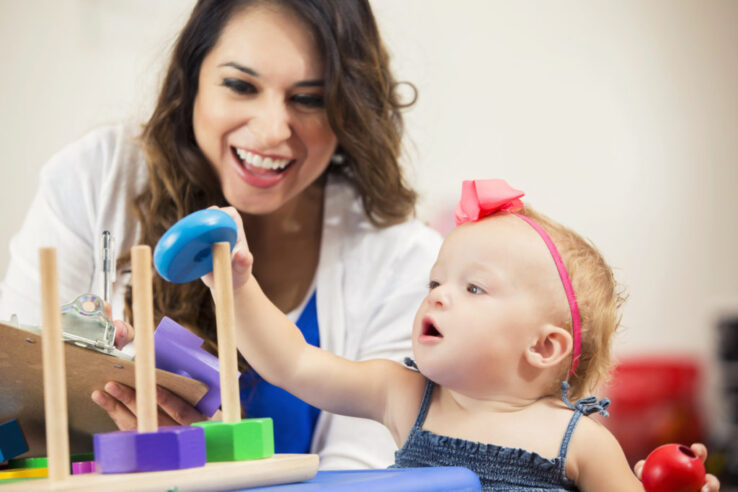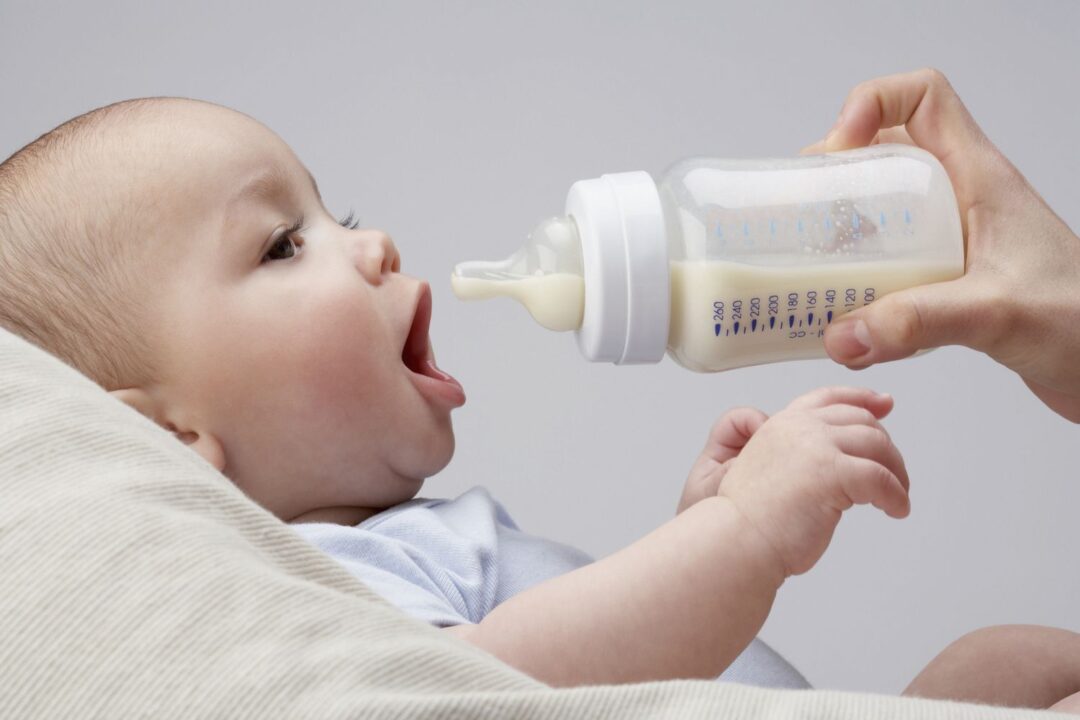Each new developmental milestone your baby achieves is genuinely a joy to witness. However, as any parent knows, the journey of nurturing our little ones through each new skill can bring questions, concerns, and perhaps even a sense of anxiousness at times. While every child develops at their own pace, providing the right environment, stability, nurturing care, and nutrition play a key role in supporting their growth.
In this article, we will explore some research-backed best practices to help set the stage for healthy development. We’ll discuss the importance of bonding and brain-building care routines, appropriate toys and activities to stimulate different areas, and take a look at the crucial role of high-quality nutrition in helping babies meet their milestone potential. Our aim is to help ease any worries by providing actionable strategies grounded in science that can help you give your growing child the very best start available.
The Importance of Bonding and Brain-Building Care Routines

Source: developingchild.harvard.edu
Bonding with your baby is one of the most critical factors in their overall development. It not only helps create a strong emotional connection between parent and child, but it also plays a crucial role in shaping their brain development. Research has shown that positive interactions with caregivers during the first few years of life can significantly impact a child’s brain architecture, leading to improved cognitive, social, and emotional outcomes.
One way to foster this bond is through daily care routines such as bath time, diaper changes, and feeding. These everyday tasks provide an opportunity for parents to engage in meaningful interactions with their baby, which helps stimulate their senses and build trust and security. By talking, singing, or playing with your baby during these moments, you are helping to create strong neural connections in their brain and promoting healthy development. Kendamil stage 2 formula contains essential nutrients like DHA and ARA, which are known to support brain development and can help provide a nutritional foundation for your baby’s developmental journey.
Stimulating Development Through Play
Playtime is not just about keeping your little one entertained; and it is also a crucial part of their growth and development. Babies learn through play as they explore and interact with the world around them. By providing age-appropriate toys and activities, you can help stimulate different areas of their development. For example, soft toys with different textures and sounds can encourage sensory exploration and fine motor skills, while building blocks or shape sorters promote problem solving and hand-eye coordination.
It’s crucial to understand that each child develops at their own unique pace, influenced by a variety of factors such as genetics, environment, and individual temperament. Therefore, it’s perfectly normal if your baby isn’t hitting every milestone precisely on time. The key is to focus on the progress they are making and their active engagement in play, which are strong indicators of their development journey. Just keep providing a supportive and nurturing environment, and trust that they are on the right path.
The Role of Nutrition in Supporting Milestone Potential

Source: verywellfamily.com
Proper nutrition is essential for a child’s growth and development. During the first year of life, babies experience rapid physical and cognitive growth, making adequate nutrition critical during this period. Breast milk is widely recognized as the best source of nutrition for infants, providing all the necessary nutrients and antibodies for optimal development. However, if breastfeeding is not an option, infant formula can also provide a similar level of nutrition.
When choosing a formula for your baby, it’s crucial to opt for a high-quality product that provides essential vitamins and minerals such as iron, calcium, and vitamin D. These nutrients are crucial for bone health, brain development, and overall growth. It’s also crucial to follow the instructions regarding proper preparation and feeding amounts, as these can vary depending on your baby’s age and weight.
What Are the Early Signs of Developmental Delays?
Recognizing early signs of developmental delays is crucial for parents and caregivers, as early intervention can make a significant difference in a child’s development. Key indicators to watch for include delays in physical milestones, such as crawling or walking, difficulties with fine motor skills, and limited engagement in social interactions. Additionally, if a baby is not meeting communication milestones, like cooing, babbling, or responding to their name, it may signal a need for further evaluation.
It’s important to remember that children develop at their own pace, but persistently missing multiple developmental milestones could warrant a discussion with a pediatric healthcare provider. They can assess your child’s development more thoroughly and, if needed, recommend appropriate interventions or therapies to support their growth and development.
Conclusion
In conclusion, supporting your baby’s growth and development requires a holistic approach that encompasses bonding and brain-building care routines, stimulating playtime activities, and providing high-quality nutrition. As parents, it’s natural to have concerns about our child’s development, but by following research-backed best practices and seeking appropriate support when needed, we can help give our little ones the best start in life. Remember to enjoy each moment with your baby and trust that they are on their own unique developmental journey.





